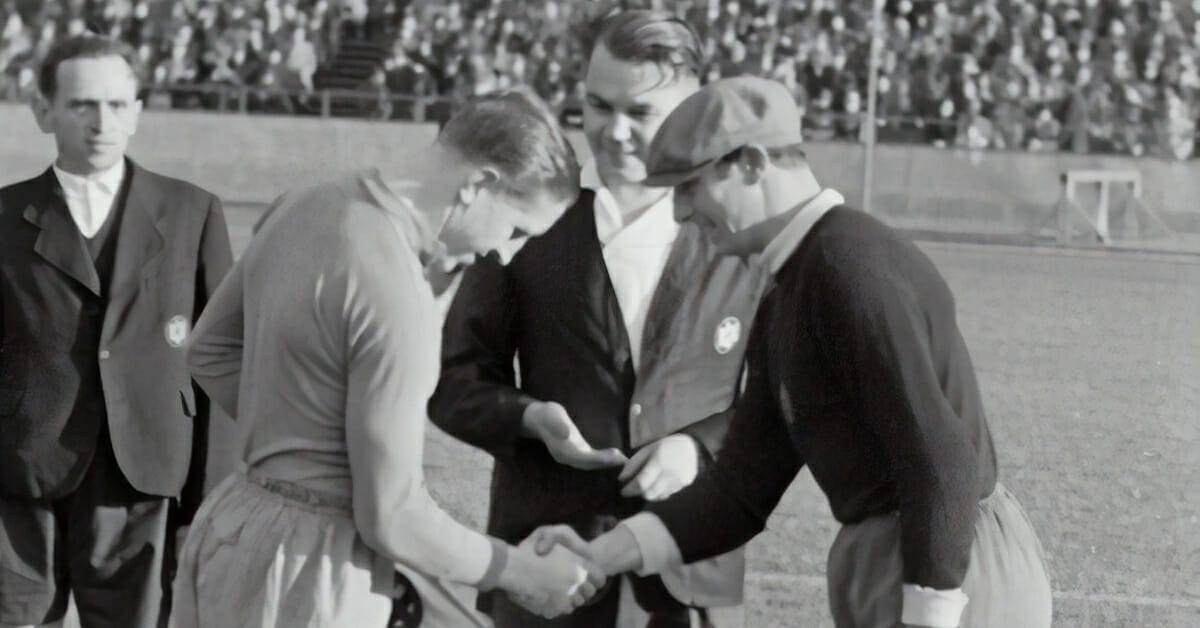“What a difference a day makes.” It can be bright one day and dark the next. Your investments can be growing one day and tanking the next. A relationship can be great one day and falling apart the next. What a difference a day makes!
When it comes to 2 Samuel chapter 11, we could say, “What a difference a chapter makes.” In 2 Samuel chapter 10, David is the conquering king. But in chapter 11, David is the cowardly sinner. In chapter 10, David is killing the enemy. But in chapter 11, David is killing his own man.
How did this happen!
Though the change in David seems quick and radical from chapter 10 to chapter 11, it was actually a slow and subtle slide. David started taking it easy. He let up a little. After all, he had worked hard and suffered much in his life. No one would begrudge him for taking a little break…even if it was the time when kings were normally out working hard with the troops.
So, instead of advancing on the enemy, he stayed behind. Instead of aggressively taking ground, he took a nap. Instead of running toward victory on the battleground, he took a stroll on a roof. And things just naturally progressed (or rather digressed) from there. With each wrong decision, David became more insensitive to God and what was right.
It can happen to us, too. One decision leads to another, which leads to another, and so on. We need to remember that there are really no small decisions. Decisions have a cumulative effect. They lead somewhere. And because of that, we should not make decisions casually.
Perhaps the phrase should be, “What a difference a decision makes!”










